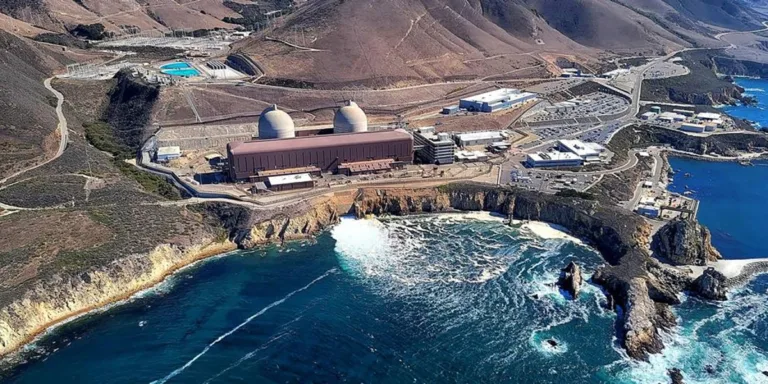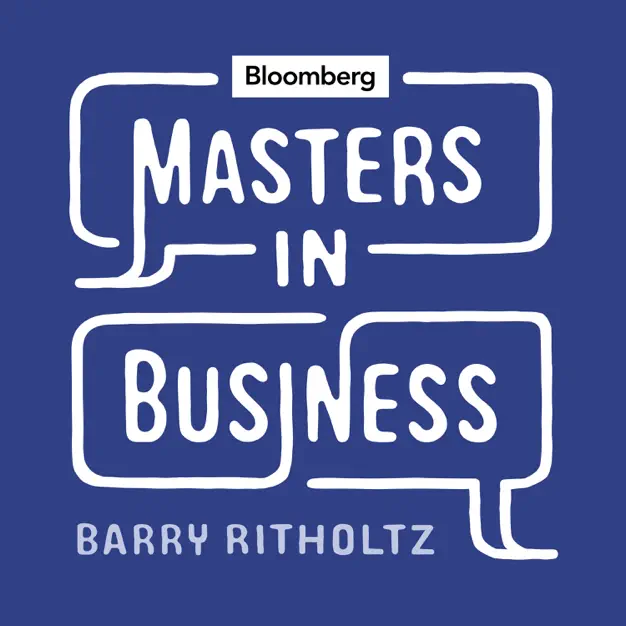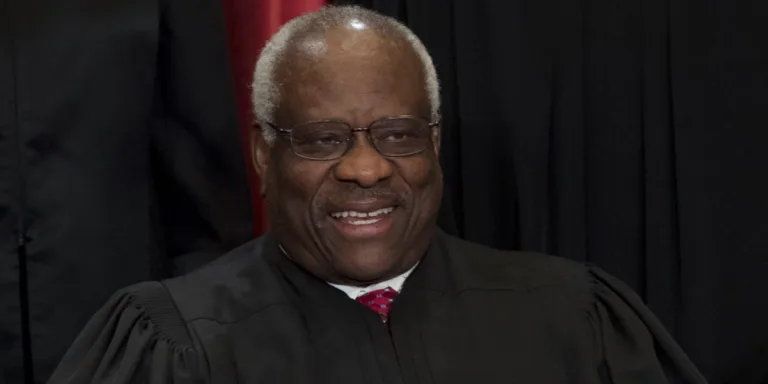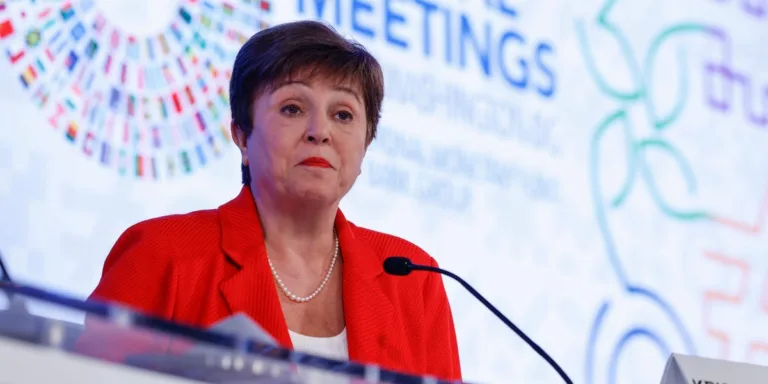The Role of the Ultra-Rich in Addressing the Climate Crisis
It is widely acknowledged that urgent action is needed to combat the climate crisis. However, it seems that the excessively wealthy individuals are not taking sufficient steps to address this issue. While their philanthropic foundations claim to be committed to fighting climate change, they are actually more focused on building up endowments for the future.
Currently, there is over $200 billion sitting in donor-advised funds and over $1.3 trillion in private foundation endowments. Surprisingly, charitable giving for climate change accounts for only 0.5% of these funds and a mere 0.04% of the assets held by the ultra-rich.
Experts estimate that it would require $3 to 10 trillion annually to avert a climate disaster. Even if the wealthy individuals were genuinely committed to addressing the climate crisis, it would necessitate an unprecedented collective effort to raise enough funds. Ultimately, only governments, funded by taxes on the ultra-wealthy, have the capability to effectively tackle this global issue. Although the philanthropic investments being made are important, they are insufficient to make a significant impact.
We must hold the ultra-rich accountable for the negative role their investments play in exacerbating the climate crisis. Their insincere philanthropic efforts aimed at “addressing” climate change need to be called out. Additionally, they must pay their fair share of taxes to support the development of clean energy.
The extreme inequality and concentration of wealth hinder humanity’s ability to halt the breakdown of the climate. The wealthiest individuals have a major role in driving and accelerating the climate crisis through their extravagant lifestyles, excessive hoarding of wealth, corporate greed, and investments in polluting industries. Unfortunately, it is the poor and middle-class communities who bear the brunt of climate change’s consequences, despite having the least responsibility for causing it. Shifting weather patterns, destructive storms, floods, wildfires, and heat waves wreak havoc globally, with the potential to displace millions of people from their homes and countries by 2050.
According to recent data, the top 125 billionaires in the world have an average of 14% of their investments in polluting industries, while only one billionaire in the sample has investments in a renewable energy company. When considering both their investments and lifestyles, the carbon emissions of billionaires exceed 3 million tons per individual, which is about a million times greater than the average person! Additionally, these wealthy individuals wield oversized political power through campaign contributions and lobbying, allowing them to protect their investments and shape climate policies in their favor.
This highlights a significant issue—we need to have a functioning democracy that is not controlled by an exclusive ruling class. When the government is beholden to the excessively wealthy, backroom deals dictate laws without the knowledge or ability of the public to affect the outcomes. The only way to diminish the power of the ultra-rich is to combat excessive wealth hoarding.
The ultra-rich Americans preserve their wealth through tax loopholes and preferential policies, leveraging their teams of lawyers, accountants, wealth advisers, and politicians. Implementing four simple tax solutions—multi-millionaire income tax, robust wealth tax, closing estate tax loopholes, and changes to tax rules for equitable charitable giving—can help address excessive wealth hoarding.
We are confronted with a collective emergency: saving the planet from ourselves. The rapidly escalating climate crisis is an issue that affects all of humanity, and it reflects the interconnectedness of our futures. To devise effective solutions for climate change, we must confront the inherent conflicts of interest and systemic inequalities within our unjust wealth system.
Alan Davis, the chairperson of the Excessive Wealth Disorder Institute, emphasizes the pressing need to hold the ultra-rich accountable for their actions in combating the climate crisis.







